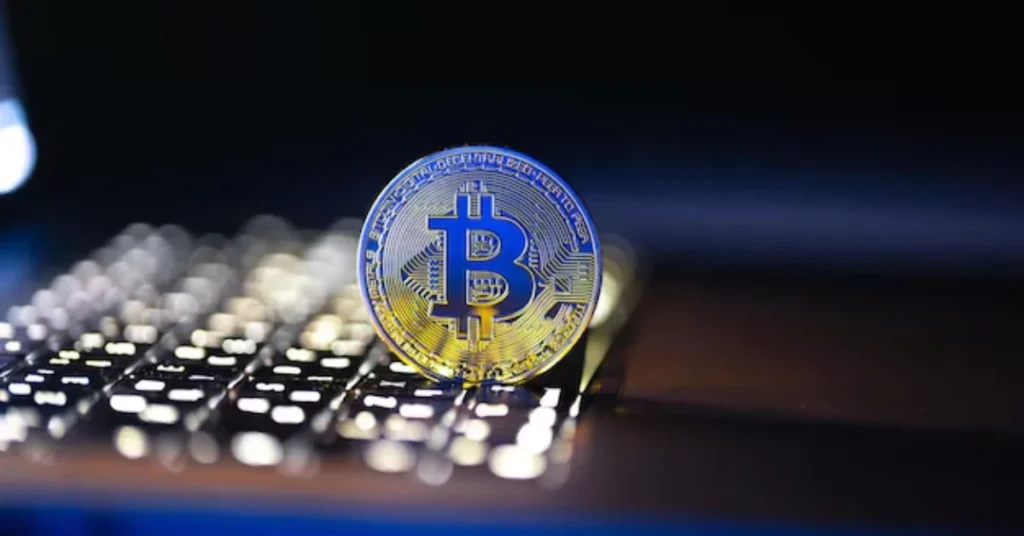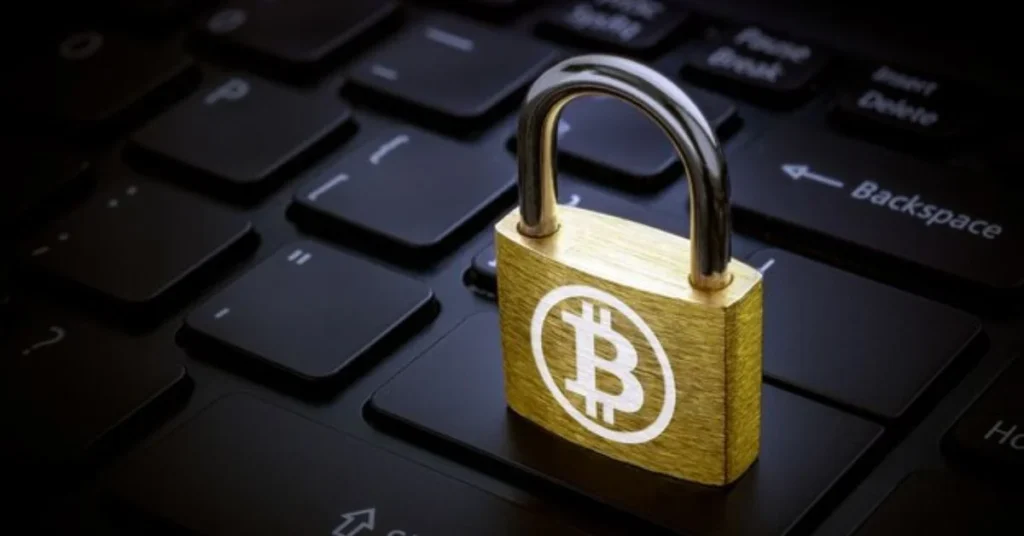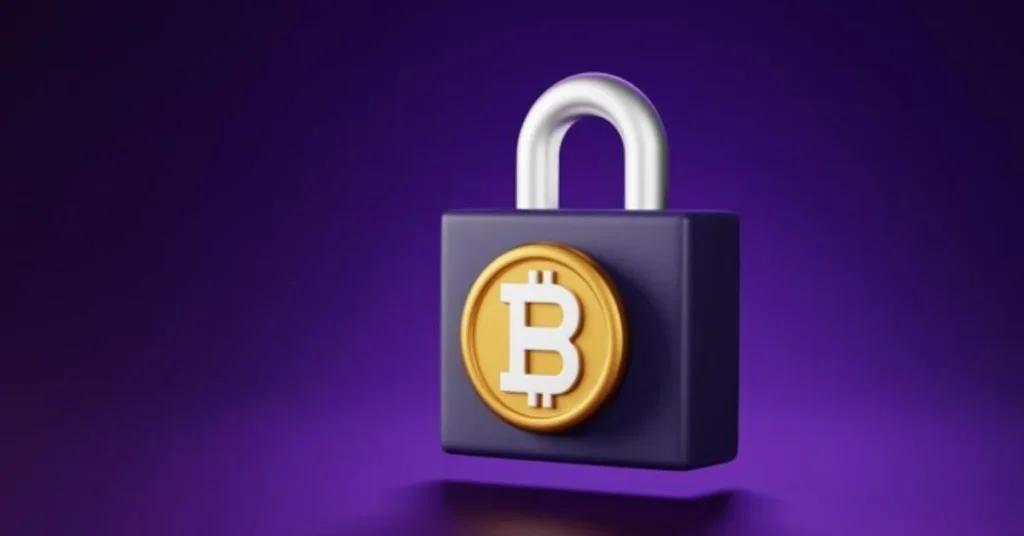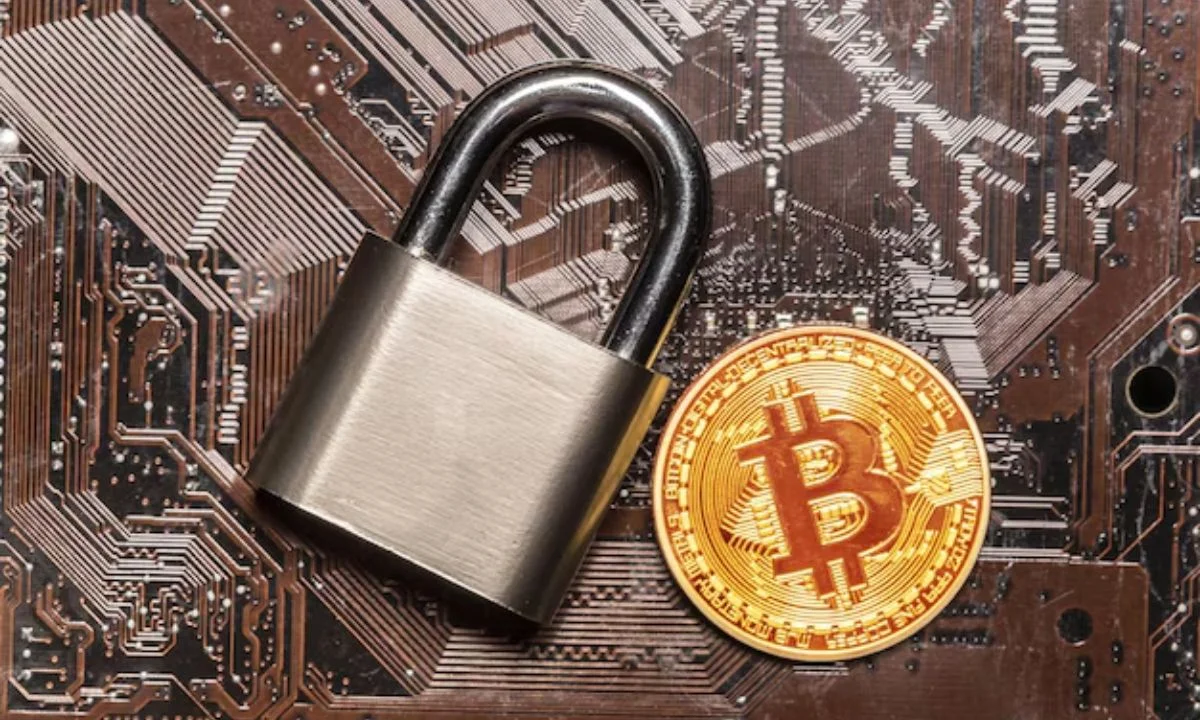Cryptocurrency trading has become a global phenomenon, offering users the ability to trade, invest, and transact without a centralized authority. Among the many platforms available, Bitvalve has emerged as a popular peer-to-peer (P2P) exchange. However, like many crypto platforms, Bitvalve faces some P2P restrictions, which can impact how users trade. In this article, we will explore the Bitvalve crypto P2P restriction, what it means for traders, and how you can navigate these challenges.
What is Bitvalve?
Bitvalve is a decentralized P2P cryptocurrency exchange that allows users to trade various cryptocurrencies directly with one another. Unlike centralized exchanges, Bitvalve does not hold your funds. Instead, it acts as a platform where buyers and sellers can find each other, making it a popular choice for those who want more control over their crypto assets.
Must read What Do the Multipliers in Crypto Contracts Mean: A Beginner’s Guide
Key Features of Bitvalve
- P2P Trading: Bitvalve connects buyers and sellers directly for secure transactions.
- Multi-Crypto Support: It supports several cryptocurrencies, including Bitcoin, Ethereum, and more.
- Low Fees: Bitvalve offers competitive fees compared to other P2P platforms.
- Escrow System: To ensure safety, Bitvalve uses an escrow system that holds the crypto until both parties agree to the terms.
What are P2P Restrictions?
When it comes to P2P restrictions, these are rules or limitations that affect how users trade on peer-to-peer platforms like Bitvalve. Some of these restrictions may come from regulatory bodies, while others are imposed by the platform itself to ensure security and compliance with laws.
Why Are There P2P Restrictions?
The main reason behind P2P restrictions is to maintain the legality and security of transactions. Cryptocurrencies can be used for illicit activities like money laundering, so governments impose regulations to prevent this. In some countries, P2P exchanges face tighter restrictions to ensure that users are complying with anti-money laundering (AML) and know-your-customer (KYC) regulations.
How Do These Restrictions Affect Bitvalve Users?
While Bitvalve is known for its decentralized approach, users still need to be aware of restrictions that may apply to their transactions. Some restrictions might limit the types of transactions you can carry out, or the volume of crypto you can trade, especially if you’re trading in certain regions where regulations are strict.

Understanding Bitvalve Crypto P2P Restriction
How Bitvalve Handles P2P Restrictions
Bitvalve complies with global regulations by implementing certain restrictions on its platform. These restrictions are designed to ensure user safety while staying within legal frameworks.
For example, users are often required to verify their identity through KYC processes, especially when trading larger amounts of cryptocurrency. This helps Bitvalve prevent illegal activities such as fraud or money laundering.
Regional Restrictions
In some regions, crypto trading may be heavily restricted or even banned. If you are in a country where crypto regulations are strict, you may face limitations on your ability to trade P2P on Bitvalve. For instance, some users may need to verify their identity more thoroughly, or they may have limited access to certain cryptocurrencies based on local regulations.
Transaction Volume Limits
Another aspect of the Bitvalve crypto P2P restriction is related to how much cryptocurrency you can trade. While small trades might not raise any red flags, larger transactions might require additional verification. This is part of Bitvalve’s effort to comply with global anti-money laundering laws.
How to Overcome Bitvalve Crypto P2P Restrictions
Verify Your Account
One of the easiest ways to navigate the Bitvalve crypto P2P restriction is to verify your account. Completing the KYC process will give you more freedom on the platform. You’ll be able to trade larger amounts and access more features compared to unverified users.
Be Aware of Local Laws
Before trading, it’s important to be aware of the local laws in your region regarding cryptocurrency. Some countries have more relaxed laws, while others might have strict regulations that could affect your trading experience on Bitvalve.
Use VPNs Where Legal
In countries where cryptocurrency trading is restricted, some users may opt to use a VPN to access the Bitvalve platform. However, you should be careful, as using a VPN in certain countries could violate local laws. Always make sure you’re aware of the legal implications before using a VPN for crypto trading.

Benefits of Using Bitvalve Despite P2P Restrictions
Lower Fees
Despite the restrictions, Bitvalve remains a popular platform for P2P trading due to its low fees. Centralized exchanges typically charge higher fees for transactions, while Bitvalve allows users to trade with minimal charges.
Decentralized Trading
Bitvalve’s decentralized nature means that users have more control over their funds. This is a big advantage for people who prioritize privacy and security. Even with P2P restrictions in place, Bitvalve ensures that users can still enjoy decentralized trading to a large extent.
Global Access
While some regional restrictions may exist, Bitvalve is accessible globally. The platform supports multiple currencies and provides a user-friendly experience for traders from various countries.
Potential Risks of P2P Restrictions
Limitation on Large Trades
One downside of the Bitvalve crypto P2P restriction is that it may limit your ability to carry out large trades. This can be frustrating for experienced traders who want to move significant amounts of cryptocurrency.
Security Concerns
While Bitvalve uses an escrow system to protect users, P2P trading always comes with some risks. Restrictions may make it harder for some users to navigate the platform, especially if they are unfamiliar with how P2P transactions work.
Regulatory Compliance
Adapting to changing regulations can also be a challenge for Bitvalve users. As governments around the world continue to update their crypto regulations, users may find themselves facing new restrictions that limit their ability to trade freely.
How Bitvalve is Addressing P2P Restrictions
Compliance with Global Regulations
To continue operating legally, Bitvalve is taking steps to comply with international crypto laws. This includes enforcing KYC checks and adhering to anti-money laundering protocols. While these measures may seem restrictive, they help ensure the platform can continue to serve its global user base.
Improving User Experience
Bitvalve also aims to enhance the user experience despite restrictions. The platform constantly updates its features to make P2P trading more accessible and secure, even for users who face regional limitations.

Conclusion: Bitvalve Crypto P2P Restriction
In conclusion, while Bitvalve crypto P2P restriction may present challenges, they are essential for maintaining the safety and legality of the platform. By understanding these restrictions and learning how to navigate them, you can continue to trade cryptocurrency securely and efficiently on Bitvalve. Whether you are a beginner or an experienced trader, the platform’s features and global accessibility make it a popular choice for P2P crypto trading.
Always be aware of local laws, verify your account, and take security precautions when trading. Despite the restrictions, Bitvalve remains a valuable tool for those who want to engage in decentralized crypto trading. Click here for more information.
What is Bitvalve?
Bitvalve is a decentralized P2P cryptocurrency exchange that allows users to trade directly with one another without relying on a central authority.
Why are there restrictions on Bitvalve’s P2P trading?
Restrictions are in place to comply with global regulations and prevent illegal activities such as fraud and money laundering.
Can I still use Bitvalve if my country has strict crypto laws?
It depends on your country’s specific regulations. You may face additional verification steps, and some features may be limited.
How can I overcome Bitvalve’s P2P restrictions?
Verifying your account and following local laws are key ways to overcome restrictions. In some cases, using a VPN might help, but it’s important to ensure this is legal in your region.
Is Bitvalve safe for P2P trading?
Yes, Bitvalve uses an escrow system to protect both buyers and sellers, making it a secure option for P2P cryptocurrency trading.
